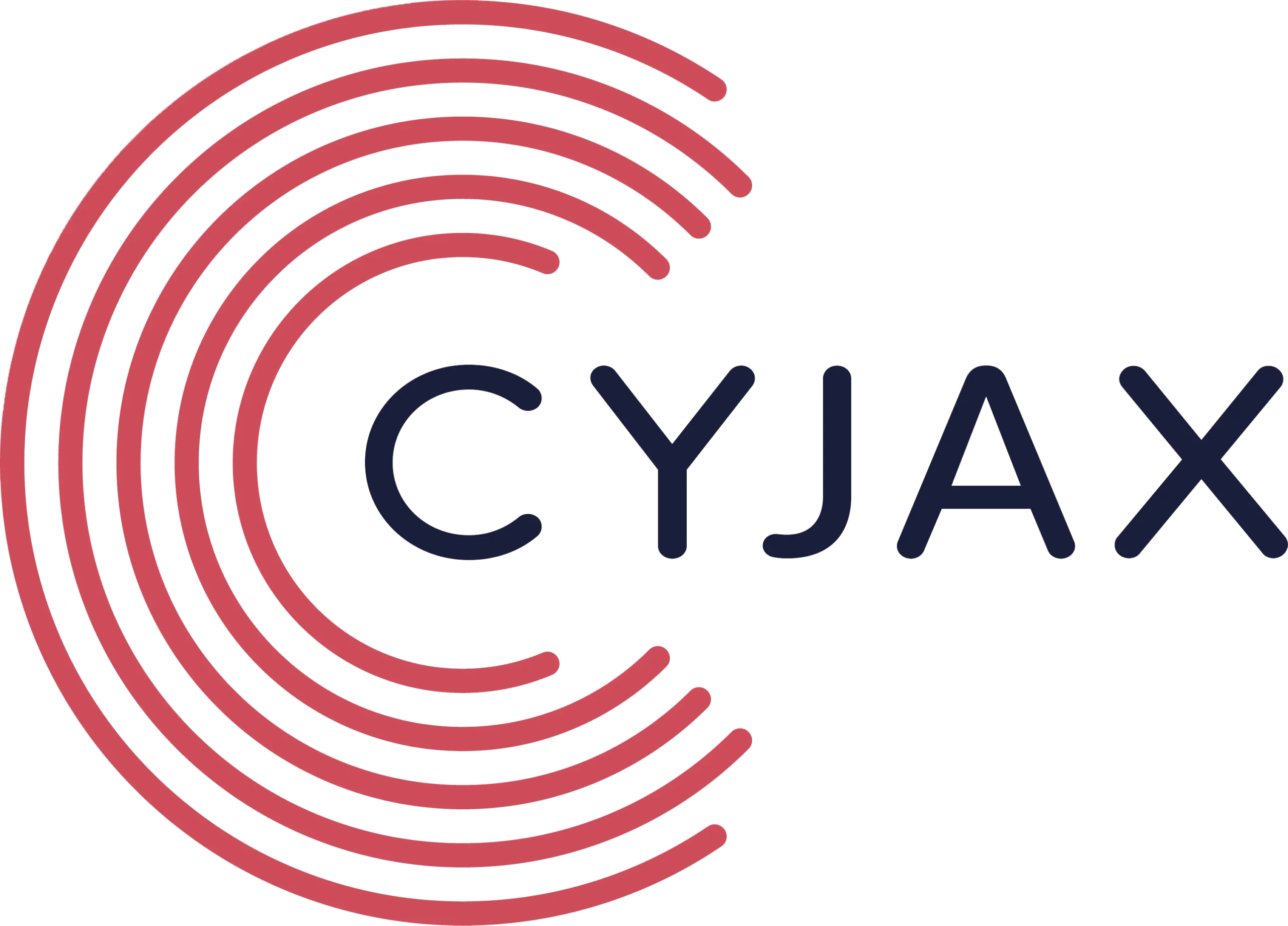Hacktivists associated with the Anonymous collective have been quick to pick up on the recent news of civil unrest in two African countries, Sudan and Zimbabwe, where protesters have taken to the streets following a sharp increase in food and fuel prices.
In both cases, human rights groups and other critics have accused the security forces of using extreme violence in their efforts to quell the demonstrations.
The protests in Sudan began in December. While initially focusing on the economic and social problems in the country, they have now evolved into demands for the removal of President Omar al-Bashir from office: he has been in power since 1989, but has frequently been accused of corruption and human rights abuses (including genocide) over the years, as well as the embezzlement and concealment of billions of dollars.
The civil unrest in Khartoum and other cities has now continued for a month, resulting in some 40 people allegedly being killed by security forces. The latest death was reportedly that of a 24-year-old man who was shot as he “tried to shelter protesters being chased by government security forces”.
Along with the crackdown of protesters on the streets, the response of the government to the demonstrations was to attempt to limit information about them leaking out to the population or to the wider world: the two main internet service providers (ISPs), Zain Sudan and MTN Sudan, were therefore ordered to block access to social media, including Facebook, Twitter and WhatsApp. Other websites and news media were also censored in some cases.
Nevertheless, news of the protests spread, leading Anonymous-linked hackers to launch OpSudan. In their announcement, they wrote: “We are communicating with you today because something is very wrong with the Sudanese government. We can’t tolerate injustice, inequality and the denial of people’s rights. The Sudanese government is restricting free speech and seeking to limit and control internet access. This government is even punishing the people for expressing their ideas and opinions. We will fight back. In response to Sudan situation, we are issuing a wide call to protest. We will protest against this government, its blasphemy laws, censorship laws, restrictions on internet access, restriction to information access, and any and all thought crime legislation.”
Hacktivists then proceeded to target government and financial websites. In the first wave, almost 300 sites were taken offline by DDoS attacks.
In January, hacker LorianSynaro announced the second phase of the operation, claiming that a new series of hits was imminent. He followed this with further DDoS attacks against Sudanese banks and government websites.
Even as the unrest in Sudan continued, anti-government protests began in Zimbabwe, again as a result of rampant inflation. The Zimbabwean government officials responded in a similar way to their Sudanese counterparts: security forces launched a violent crackdown on the demonstrators. The country’s Security Minister also ordered access to social media websites to be blocked, amid claims they were being used as tools for coordinating the street protests.
Once again, Anonymous announced its support of the anti-government protesters and its determination to fight for free access to the internet, this time launching OpZimbabwe, and again directing DDoS attacks against government and financial websites.
In the first major incident we saw reported, LorianSynaro claimed to have targeted and taken down 72 official websites.
While OpSudan and OpZimbabwe are both being publicised as initiatives undertaken under the auspices of the Anonymous collective, only a few hackers actually appear to be taking part in the operations.
LorianSynaro, who has been instrumental in promoting and participating in both, has been very active in recent months in a variety of cyber operations across the world. Of particular note was his involvement in OpNicaragua, where he regularly successfully targeted a wide range of government, financial and media websites to highlight protests against the country’s president.
Having now turned his attentions towards Africa, LorianSynaro explained the rationale behind OpSudan and OpZimbabwe in an interview with an African news site, where he confirmed his links to the Anonymous movement. He claimed there were four hacktivists actively engaging in these operations, and said the attacks would continue as long the people in Sudan and Zimbabwe needed the help of Anonymous: other African countries might also be targeted in the fight against injustice and corruption. He added that the cyber attacks are not intended to harm anyone: “We are only fighting for freedom”.
LorianSynaro has also recently announced the creation of a new website, which is dedicated to documenting police brutality in both Sudan and Zimbabwe. A warning about distressing images is given on the site.
A couple of weeks ago, in our blog article on the upcoming elections in Nigeria and the likelihood of civil unrest there, we warned companies operating in the country of the threat of physical assaults on their facilities and the possibility of damaging cyber attacks, advising particular care with all security practices at this time.
This recommendation also holds true for both Sudan and Zimbabwe: while Anonymous hacktivists may only be interested in disrupting the functioning of government or financial websites, western businesses, NGOs or charities should all be aware that other hackers could use the ongoing disruption in both countries as some sort of shield to disguise their own attacks, which could be launched for a range of reasons connected with data theft or industrial espionage.

